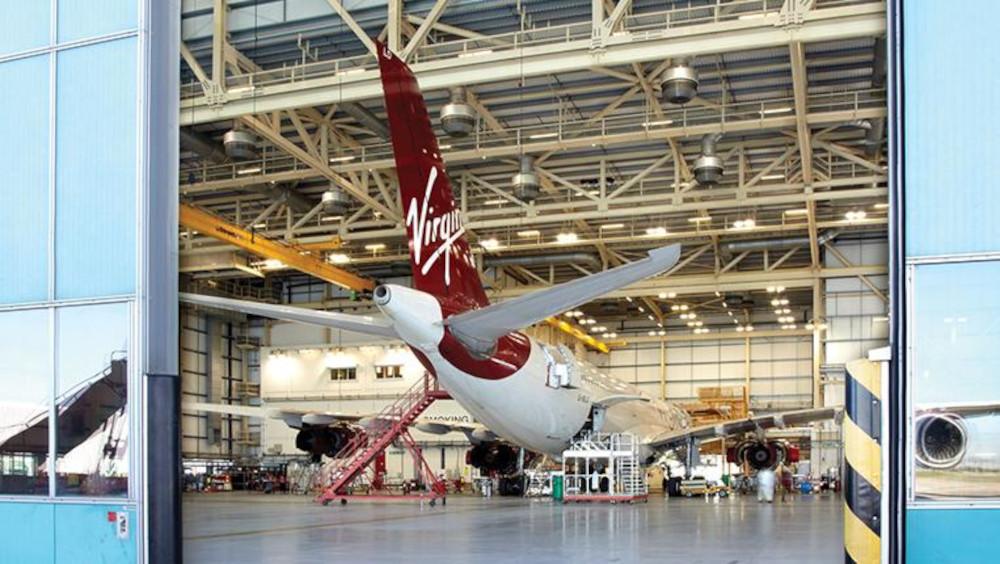
Airlines are often willing to embrace a new financing solution, whether that be selling and leasing back spare engines, leveraging the value of a frequent flyer program or committing to sustainability-linked loans.
The latest development concerns Volofin Capital Management lending $100 million to Virgin Atlantic Airways, secured against the British carrier’s entire inventory of rotable, consumable and expendable parts.
It is the first such loan for Volofin, despite it being among the more adventurous financiers in the aviation industry, having already lent against engines and auxiliary power units (APU). However, spares present an entirely different collateral proposition, being a constantly changing inventory used by the airline in day-to-day operations.
“Whilst it marks the start of an important relationship with Virgin Atlantic, it also underlines Volofin’s commitment to support and finance lessors, MROs and airlines across the industry with facilities backed by specialized transportation assets of differing types,” said Jan Bockelmann, managing director of the company.
The financing may have been unusual, but it is was not the first time an airline has raised financing against inventory.
In 2023 Apollo Global Management agreed to invest €500 million ($548 million) into a dedicated operating affiliate of Air France that owns spare components.
The financing’s proceeds were allocated to general corporate purposes and to support future components expenditures related to maintenance activity.
The structure involved no change in the way Air France utilized the spare components, and no impact on Air France or Air France-KLM employees’ contracts.
In October, meanwhile, Volofin facilitated a financing for RIVE Private Investment, a European firm specializing in transportation assets and energy transition infrastructures, secured against a portfolio of 107 aircraft engines and APUs, which are on lease to MRO providers, OEMs and airlines.
That also required flexibility, as the highly revolving nature of the portfolio, with predominantly short-term leases, necessitated an innovative financing structure that allowed LXA Leasing to quickly execute leases.




